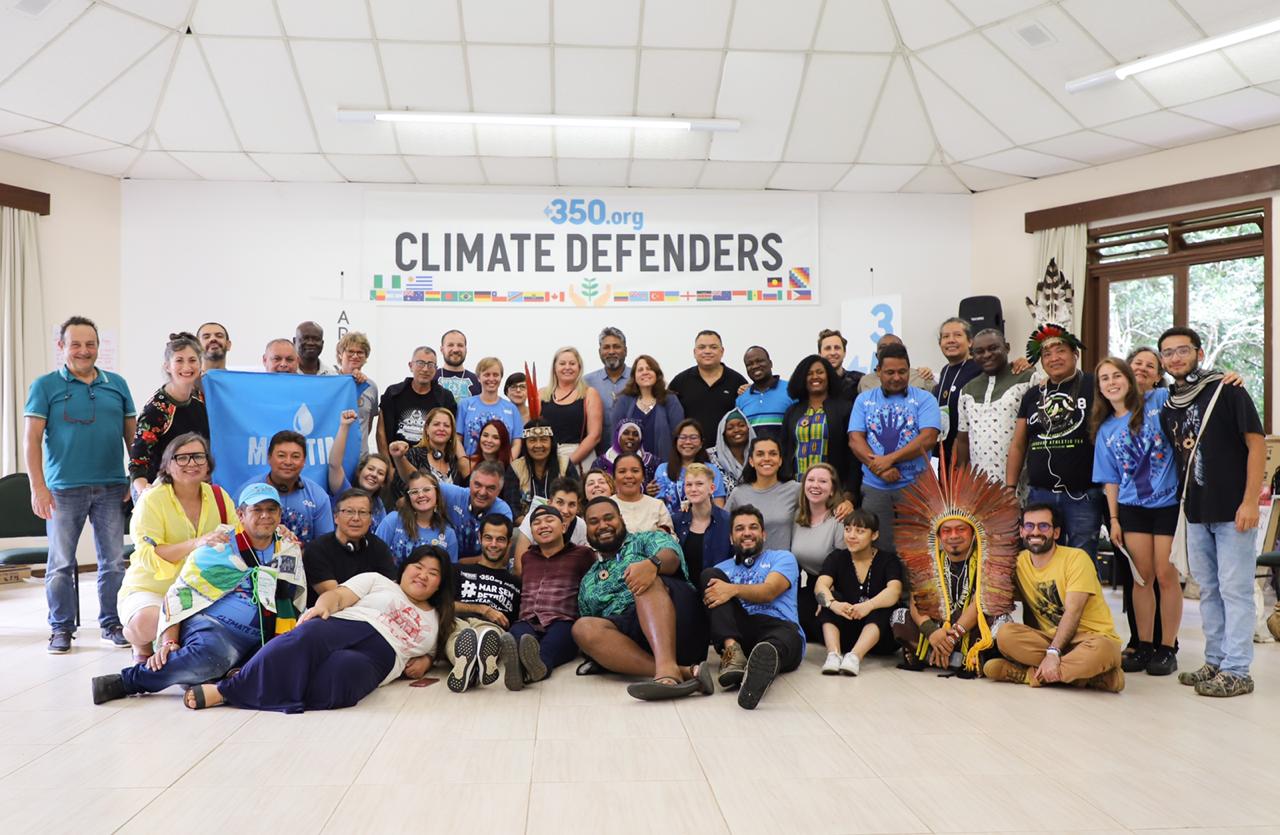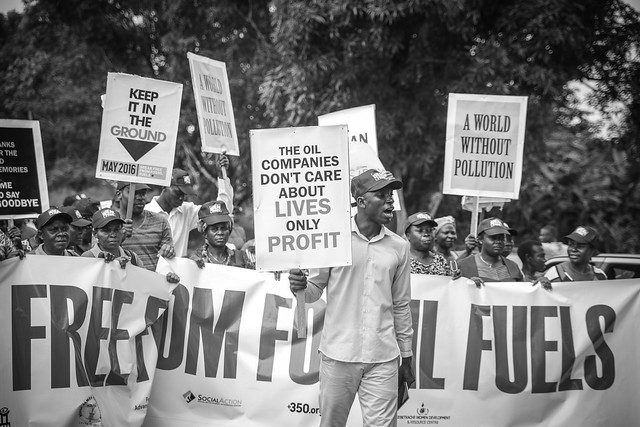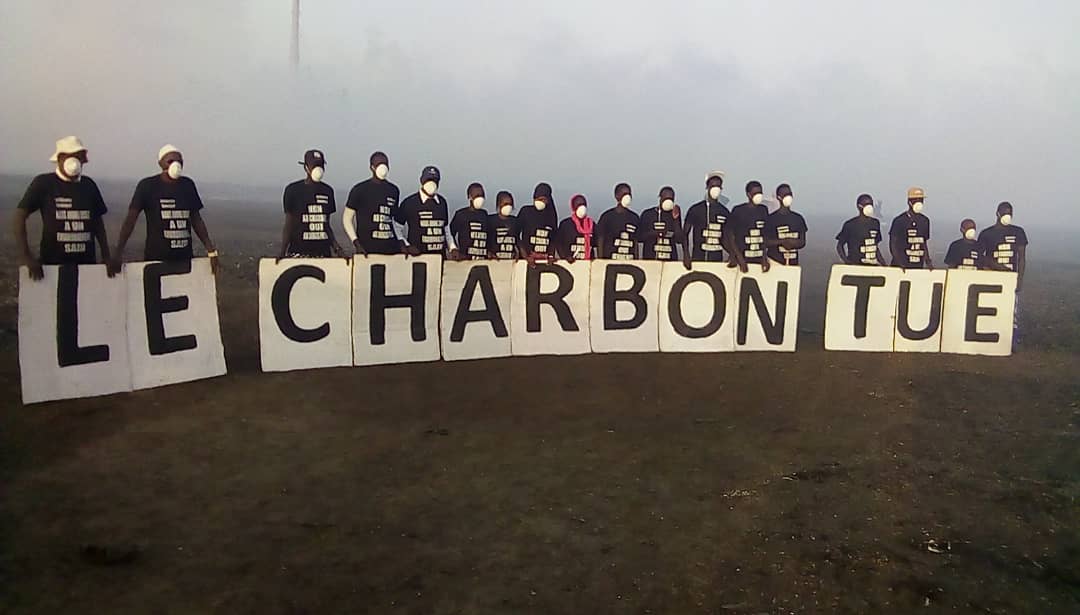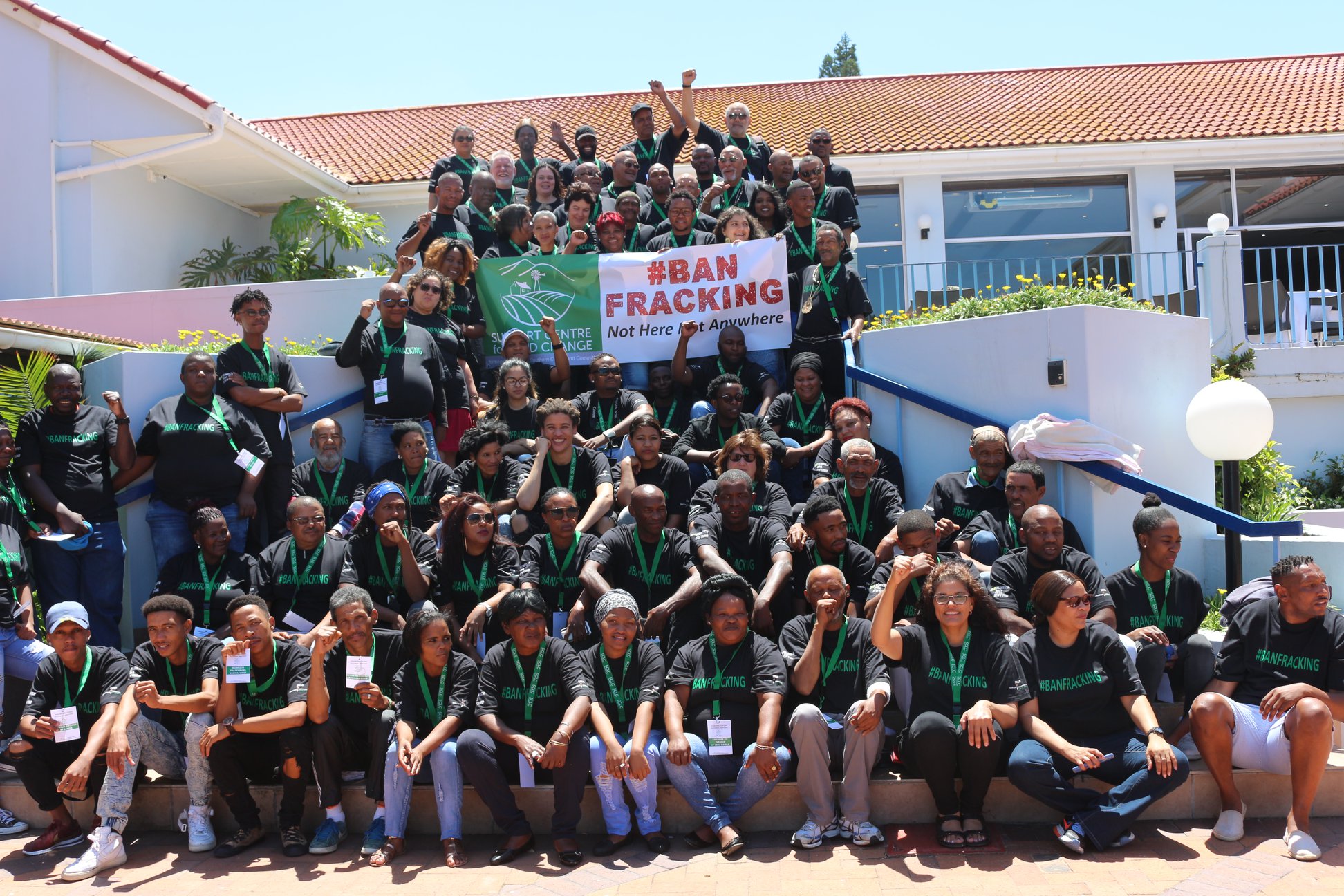Climate Defenders gathering: Towards a consolidated strategy
Fifty climate defenders and activists from 23 countries gathered in Curitiba, Brazil from February 5th to 8th to share the stories of their struggles and to build a stronger community of climate defenders.

Everywhere climate defenders are facing threats, intimidation, and increased repression as they protect the planet from destruction. In most cases, the fossil fuel industry is responsible for the most severe and disturbing violations of human rights. This gathering provided a space to share experiences, skills and tactics and build a coherent strategy for reacting to crisis moments, including increased visibility, communications strengthened leadership, rapid response and building alliances of legal support.
African representatives at the gathering shared the most common threats they are confronted with, including intimidation by government officials and police, restricted movements and surveillance, forced removal of communities and sometimes verbal abuse by being labelled for instance as ‘anti-development’ activists. They denounced the fossil fuel companies working hand in hand with corrupt politicians, security forces and sometimes private militia in perpetrating such disturbing violations of human rights and freedom.
During the gathering, 350.org launched the Climate Defenders report on Human Rights Abuses by Fossil Fuel Companies. The report highlighted some specific cases from Africa where companies such as Shell in Nigeria) and Amu Power in Lamu (Kenya) are involved. The report shows successful strategies that activists are taking to fight these cases.
"Chevron-Texaco and Shell are directly responsible for more than 45,000 deaths caused by health issues, the displacement of 60,000 people and the dump of more than 18 billion gallons of toxic wastewater into rivers" #AfrikaVuka https://t.co/nGJjxGuVyZ pic.twitter.com/h4ZFDvYQ74
— Christian (@christroi10) February 7, 2020
By targeting the fossil fuel industry, climate activists are attacking directly the heart of the climate crisis. They are not only defending life and nature but also pushing back the increased repression on civil society groups while exposing the liability of the fossil fuel industry in human rights abuses.
Among the proposed solutions to strengthen their fights, participants at the gathering suggested cross-regional solidarity between countries with common struggles, working on the existing protocols to strengthen protection mechanisms and ensuring greater connections between climate activists and the wider human rights defenders community.
Author: Christian Hounkannou, 350Africa Francophone Field Organiser.
We’re days away from rising up calling on our leaders to fight climate change.
We’ve seen throughout history that movements that promote progressive social change have been driven by ordinary people dedicated to leading when governments have failed. People power leading the way has become even more relevant as the effects of climate change have begun to unravel across Africa, as leaders across the length and breadth of the continent prop up the importation and exploitation of fossil fuels.
As part of Africa Day, on May 24-25 we will see the determination of people, in communities across Africa rise up against new fossil fuel exploration, and developments - showing leaders the way to fight climate change. So far there have been over 50 events registered across the continent calling on their leaders to commit to building a fossil free Africa that puts people and justice before profits.
The movement against new fossil fuel developments is global and extremely pertinent to the future of our planet. Here’s a snippet into what will be happening in Nigeria, Senegal and South Africa on the 25th:
- Nigeria: To mark the Afrika Day of Action, GIFSEP intends to mobilize at least 20 Senior Secondary Schools in Abuja to produce and deliver climate-conscious and justice messages on one parachute and other colourful paintings. This parachute and painting will be delivered through a march towards the parliament building asking the members of parliament to pass the climate bill and lead Nigeria on the road to climate justice.
- Senegal: A huge rally gathering at least 1500 citizens composed of youth, women, traditional chiefs, religious leaders, local authorities, CSOs and NGOs is planned in Bargny to denounce the Bargny coal plant project and to call the Senegalese President to demonstrate a stronger leadership role in fighting against climate change and promote renewables.
- South Africa: Communities affected by mining, and those in support of these communities, will be marching to the Union Buildings in Pretoria. A memorandum calling for a national ban on fracking in South Africa will be handed over to the President and to the Minister of the Department of Mineral Resources.
Our collective futures depends on us being able to seize this moment and work together to pushback against the fossil fuel industry fuelling the climate crisis and for long-lasting and meaningful change.
Centrale à Charbon, Pôle urbain Diamniadio, nouveau Port: Bargny-Sendou proteste et sort encore ses brassards rouges
Bargnynois, Miniamois et Sendois ont marché dans la matinée de Miniam à la municipalité de Bargny pour exiger l’indemnisation de leurs cultures et la restitution de leurs terres.





